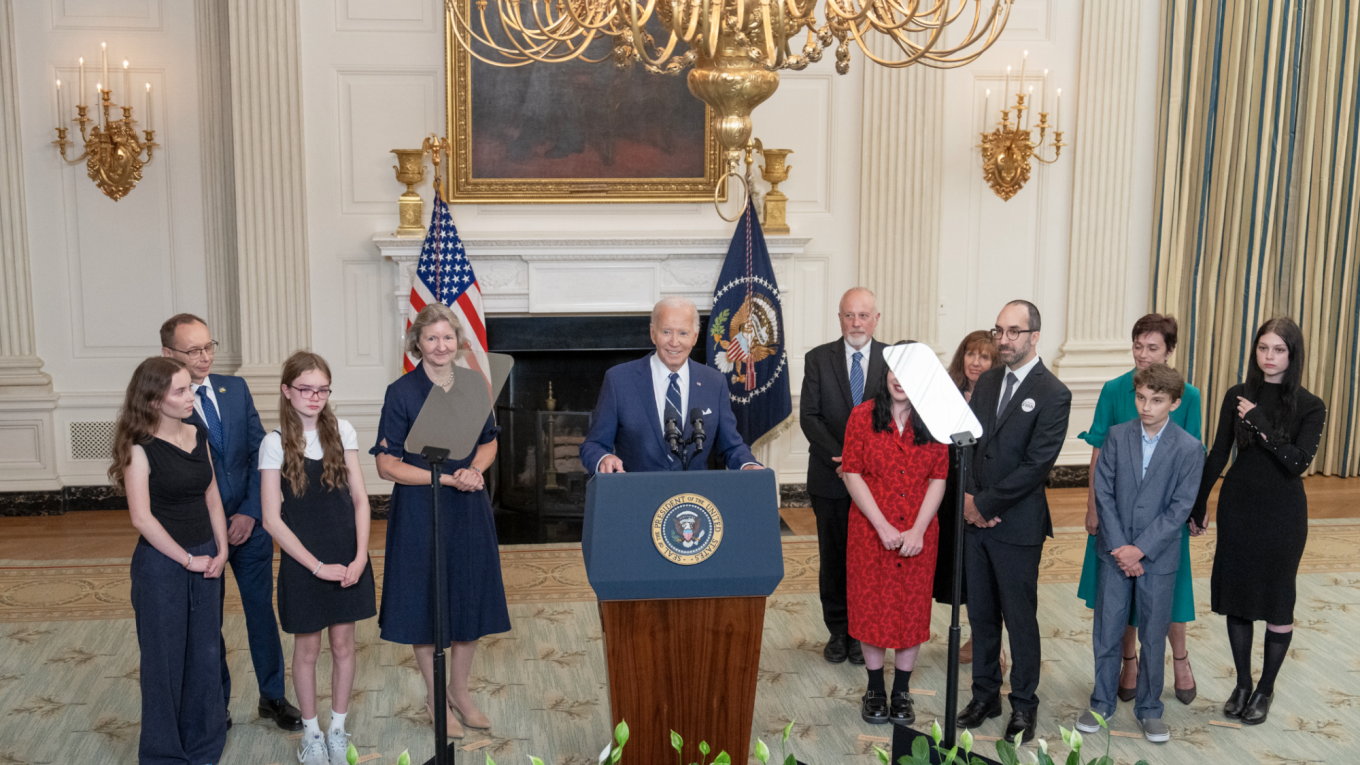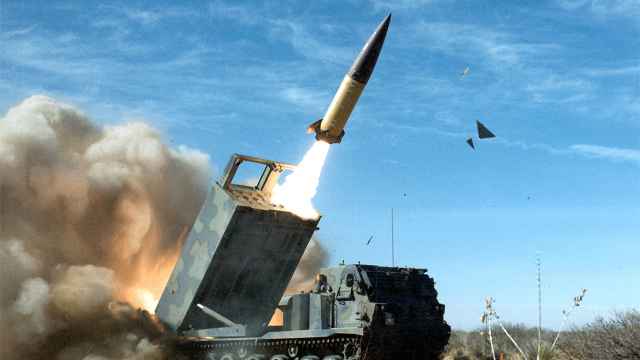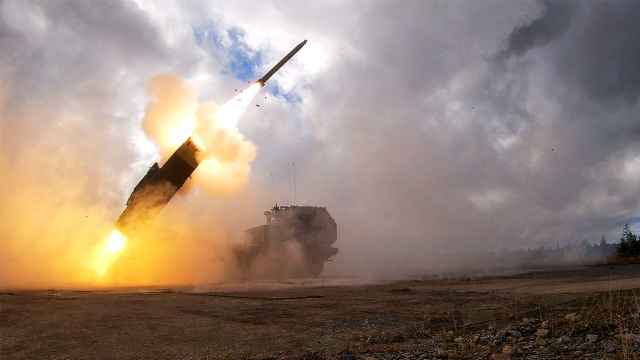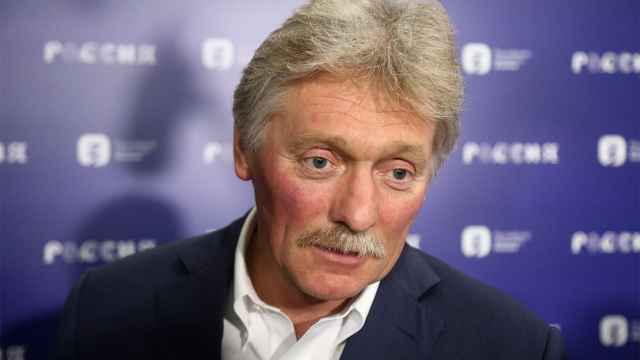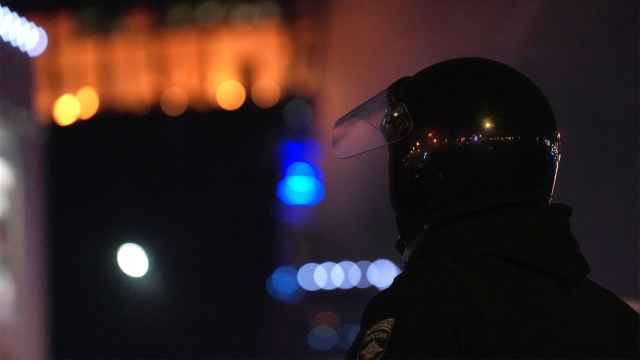The historic prisoner swap with Russia that freed U.S. journalist Evan Gershkovich and 15 other Westerners was the fruit of painstaking, secret talks — and one crucial phone call from President Joe Biden an hour before he dropped his reelection bid.
Biden welcomed the families of the three U.S. citizens and one U.S. resident to the White House Thursday, just as the release was taking place in Ankara.
After placing an emotional phone call to their loved ones from the Oval Office, they appeared with the president in front of journalists.
Asked what he'd told the newly liberated Americans, Biden answered: "I said, 'Welcome almost home.'"
But the smiles hid the pain of waiting during long months of feverish negotiations.
The White House had worked desperately — and largely out of public view — to free Wall Street Journal reporter Gershkovich, former Marine Paul Whelan, Radio Liberty reporter Alsu Kurmasheva, and U.S. green card holder Vladimir Kara-Murza, an outspoken Putin critic.
This meant high-level talks with Russia at a time when East-West relations are in open conflict over the Ukraine war.
But it also meant, say U.S. officials, leaning hard on European allies reluctant to give into Moscow's demands for getting back a string of Russian citizens imprisoned in the West for serious crimes.
In the end, Biden secured the key piece of the puzzle on July 21 — the very day that the 81-year-old Democrat stunned the world by announcing that he would no longer stand in November's election.
Holed up in his Delaware beach home with Covid, he was about to release his shock statement. Yet before that, he had one more bit of work on the prisoner deal to do.
"I'm not making this up — literally an hour before he released that statement, he was on the phone with his Slovenian counterpart, urging them to make the final arrangements and to get this deal over the finish line," a senior U.S. official told reporters.
Slovenia later freed two of the Russians, who had been convicted by a court of spying.
'Crossed our fingers'
But no one knew for certain that the deal would go through until the very end.
In a sign of the strain on negotiators and families alike, Biden's National Security Advisor Jake Sullivan choked up on the White House podium as he welcomed what he called a "good day."
"We held our breath and crossed our fingers until just a couple of hours ago," he said.
The process leading to Thursday's news began all the way back in 2018 when Whelan was arrested and Donald Trump was U.S. president.
Not only was Whelan not freed, but then Gershkovich was arrested while reporting in Yekaterinburg in March, 2023. Suddenly "these efforts were obviously made more complicated," Sullivan said.
In what critics describe as state-sponsored hostage-taking, Moscow's biggest condition was the release of Vadim Krasikov, a Russian jailed in Germany for brazenly assassinating a former Chechen rebel commander in Berlin in 2019.
Germany balked at giving up a hitman who had carried out such a brazen murder on its soil.
To persuade Berlin, Sullivan said, "required extensive diplomatic engagement with our German counterparts, starting at the top with the president."
Then in February this year, the tense diplomatic to-and-fro took another dark turn when Kremlin critic Alexei Navalny — who Sullivan revealed Thursday had also been on the U.S. wish list for release — died in a Russian prison.
"The team felt like the wind had been taken out of our sails," the senior U.S. official added.
By coincidence, Gershkovich's mother and father were meeting with Sullivan at the White House that same day. It's "going to be a little bit more of a rocky path," he told them.
The breakthrough came during Oval Office talks between German Chancellor Olaf Scholz and Biden in April.
"Chancellor Scholz responded to the president saying, 'For you, I will do this,'" added the U.S. official.
Biden on Thursday thanked Scholz, praising the "bold and brave" decisions by allies.
And once the deal was outlined, a careful choreography ensued.
Russia fast-tracked a trial for Gershkovich, which ended with him receiving a 16-year jail sentence — but which behind the scenes indicated that Russia was preparing for the swap.
Finally, the White House ceremony on Thursday brought this diplomatic — and intensely personal journey — to a head.
Noting that it was the 13th birthday of Kurmasheva's daughter, Biden asked the assembled family members and journalists to sing "Happy Birthday" — perhaps the happiest possible.
A Message from The Moscow Times:
Dear readers,
We are facing unprecedented challenges. Russia's Prosecutor General's Office has designated The Moscow Times as an "undesirable" organization, criminalizing our work and putting our staff at risk of prosecution. This follows our earlier unjust labeling as a "foreign agent."
These actions are direct attempts to silence independent journalism in Russia. The authorities claim our work "discredits the decisions of the Russian leadership." We see things differently: we strive to provide accurate, unbiased reporting on Russia.
We, the journalists of The Moscow Times, refuse to be silenced. But to continue our work, we need your help.
Your support, no matter how small, makes a world of difference. If you can, please support us monthly starting from just $2. It's quick to set up, and every contribution makes a significant impact.
By supporting The Moscow Times, you're defending open, independent journalism in the face of repression. Thank you for standing with us.
Remind me later.


